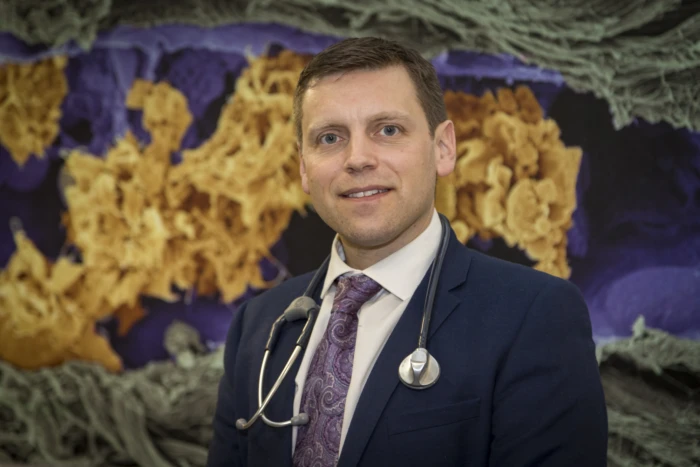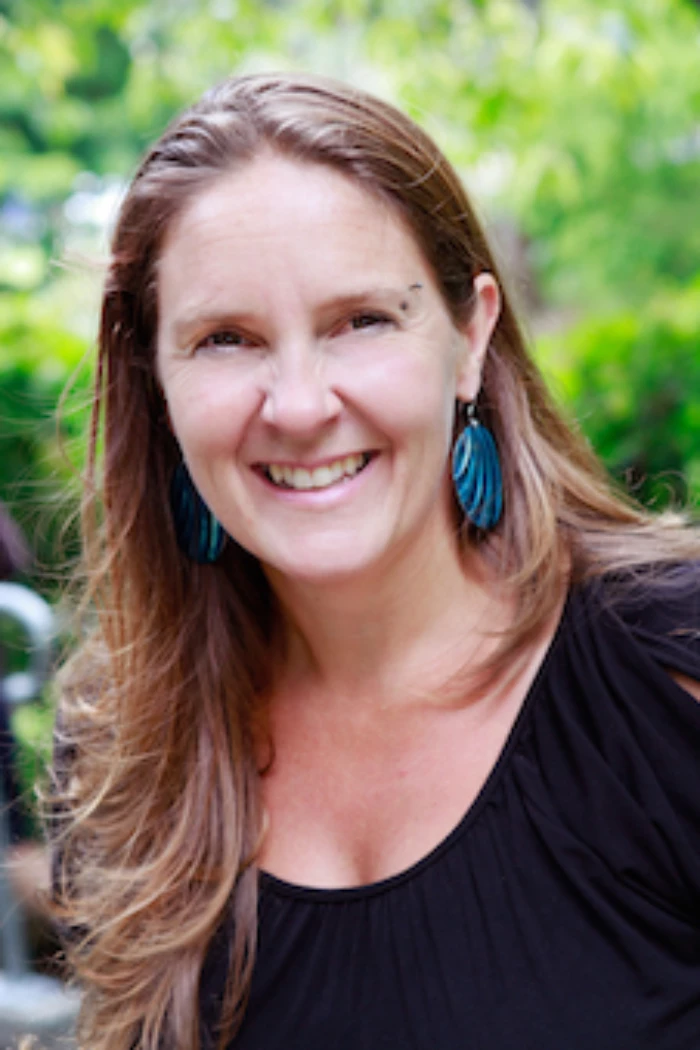
Researcher spotlight: Dr Ana Ramachandran
Researcher spotlight: Dr Ana Ramachandran
Dr Ana Ramachandran’s groundbreaking research in the rapidly evolving field of precision oncology is leading to more targeted treatments and better outcomes for cancer patients.
Instead of a one-size-fits-all approach, precision oncology matches the right treatment to the right patient at the right time, based on a deep understanding of a tumour’s unique features.
One of the bright minds making a difference in this exciting field is our very own Dr Ana Ramachandran.
After completing her PhD at the University of Auckland, Ana went on to the University of Oxford followed by a stint at the Francis Crick Institute, a renowned biomedical research centre in London. Now, she is back in Aotearoa applying her vast experience to cancer research as a Research Fellow at the University of Auckland.
Thanks to a grant she received from Cancer Research Trust New Zealand in 2022, Dr Ramachandran’s team has been developing new tools and experiments to make precision oncology more effective.
Every cancer is caused by changes to the DNA of normal cells. Some of these DNA changes are well understood, so doctors can choose targeted treatments. But around 40% of these changes — called “variants” — are uncertain.
We don’t yet know whether they make the cancer grow or if they’re harmless. This uncertainty makes it harder for doctors to predict how aggressive the cancer might be or which treatments will work best.
Dr Ramachandran’s research is focused on solving this problem. She’s been investigating a group of genes called receptor tyrosine kinases (RTKs), which are often mutated in cancers. Her goal: develop tools to test and classify these uncertain variants.
A major breakthrough came when she used her new tools to reclassify an unknown variant called EGFRV742I as a mutation that drives cancer growth. This variant is linked to several cancer types — most notably non-small cell lung cancer (NSCLC). There’s also growing evidence it may play a role in breast and brain cancers.
Even more exciting, Dr Ramachandran discovered that this variant can be targeted with a drug that’s already on the market (erlotinib), giving patients with this mutation a more effective treatment option.
This achievement not only helps doctors choose the right treatments today but also provides a blueprint for other researchers worldwide to deepen their understanding of other variants — a vital step forward in the fight against cancer.
We are so lucky to have brilliant scientists like Dr Ana Ramachandran working tirelessly to create better cancer treatments. And we’re just as fortunate to have generous donors like you who make this life-changing research possible.
Thank you for helping create a brighter future for cancer patients.




